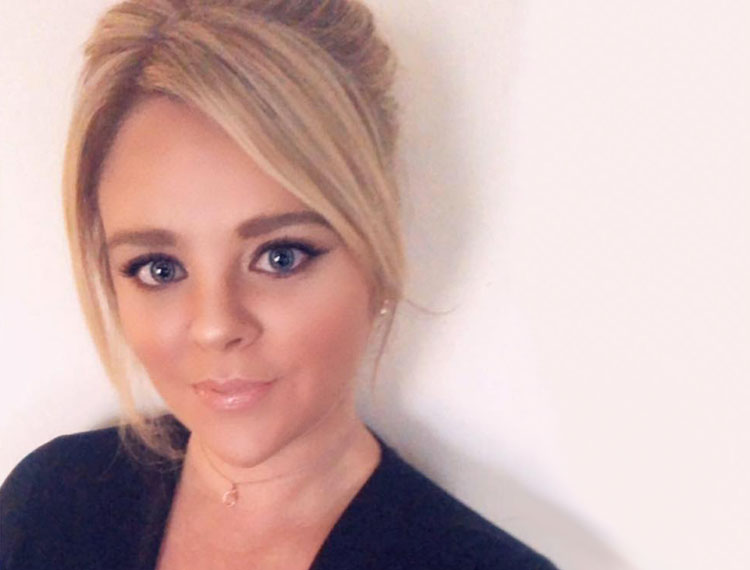THE IMPORTANCE OF SAFEGUARDING IN FE – AND THE CHALLENGES THAT SURROUND THIS

Understanding the importance of safeguarding is a duty that all funded organisations must adhere to.
However, due to the complex landscape within FE, the response to safeguarding is vastly different between organisations.
For ITPs (Independent Training Providers) the response notably differs dependent on the type of provision and age of learners, particularly in situations where ITPs deliver apprenticeships and adult education.
The guidance supporting the FE sector is not clear or consistent and the terminology used can be very much open to interpretation, which means that some learners may not always be supported in the most appropriate way for their needs or situation.
 Alex Miles Managing Director at WYLP, said:
Alex Miles Managing Director at WYLP, said:
This feels like a pivotal year in the development & response with safeguarding & prevent – particularly in light of recent events & the growing epidemic of violence against women & girls – therefore I wanted to write an article that highlights the importance of understanding ITP’s commitment to ensuring a whole organisational response & enhanced culture.
“I also wanted to bring in ncfe to gain their view on this as an AO & respected sector partner. we hope you find this article interesting….
 Paul White, Head of Provider Development at NCFE, said:
Paul White, Head of Provider Development at NCFE, said:
‘The rise in violence against women and girls is alarming and something we can’t stick our heads in the sand on this issue.
“It is incumbent on us all to call this out and take positive action to be part of the solution.
“Here at NCFE we are committed to support our providers in ensuring they do all they can to protect the girls and young women in their settings’
SAFEGUARDING FOR ALL – IT IS EVERYONE’S RESPONSIBILITY
Ofsted was asked by Government to carry out a review of sexual abuse in provider settings and in June of this year, they published their report alongside a series of recommendations which have hugely influenced policy and guidelines in the safeguarding arena.
Ofsted has been very clear in a recent communication to the sector that the rules apply to ALL organisations – stating “The Education and Training (Welfare of Children) Act 2021, which came into effect from 29 June 2021, means that that the latest version of DfE’s statutory guidance ‘Keeping children safe in education’, in force from September 2021 will apply to independent learning providers, special post 16 institutions/ independent special colleges and 16 to 19 academies to the extent that they have students or apprentices who are under the age of 18.
It is appropriate that we have the same expectations of those additional types of providers now that the statutory guidance equally applies to them.”
Across ITPs, however, there remains misunderstanding and inconsistency on some aspects of safeguarding and if it applies to their work with adult learners and/or employed status learners. For clarity, and in line with the statement from Ofqual, the duty of care is in place for ALL organisations and ALL learners – from the start of their programme, right through to completion.
We see some organisations within the FE and skills sector taking a somewhat tokenistic response to safeguarding by just having a policy or designated officer (DSO) in place to tick a box. However, it is crucial we move past this into adopting a full culture of safeguarding that supports a whole organisation response – in terms of understanding, implementing and addressing issues, themes, behaviors and knowledge.
This goes far wider than just acknowledging responsibility and resting it with the DSO. This means all practitioners, boards, governors, learners and employers should be able to confidently articulate how to stay safe, what to look out for, how this manifests in their work or personal life, how to put that practice, and how to effectively look after themselves and others.
Alex Miles (MD at Yorkshire Learning Providers Network) and Paul White (Head of Provider Development at NCFE)










Responses